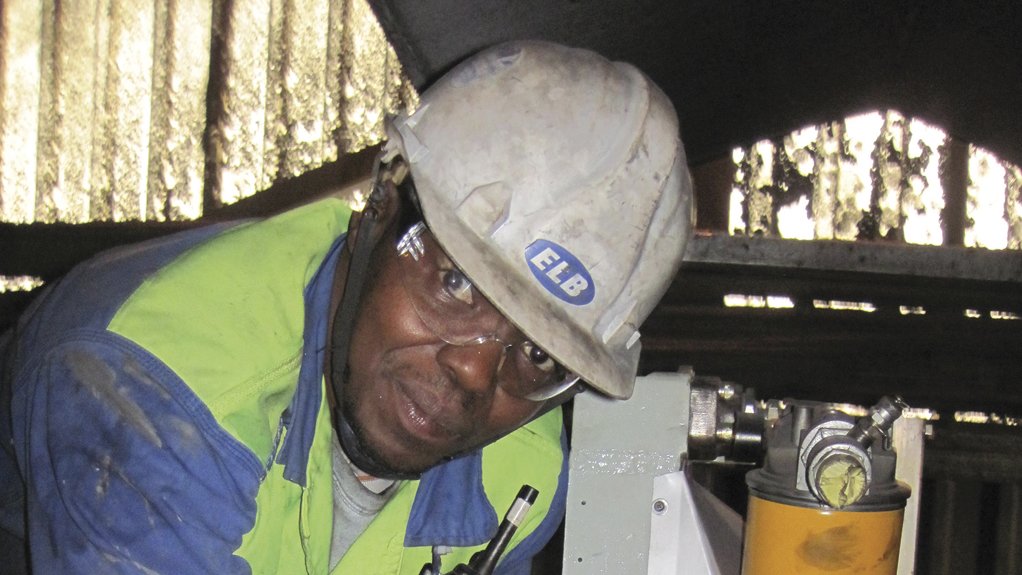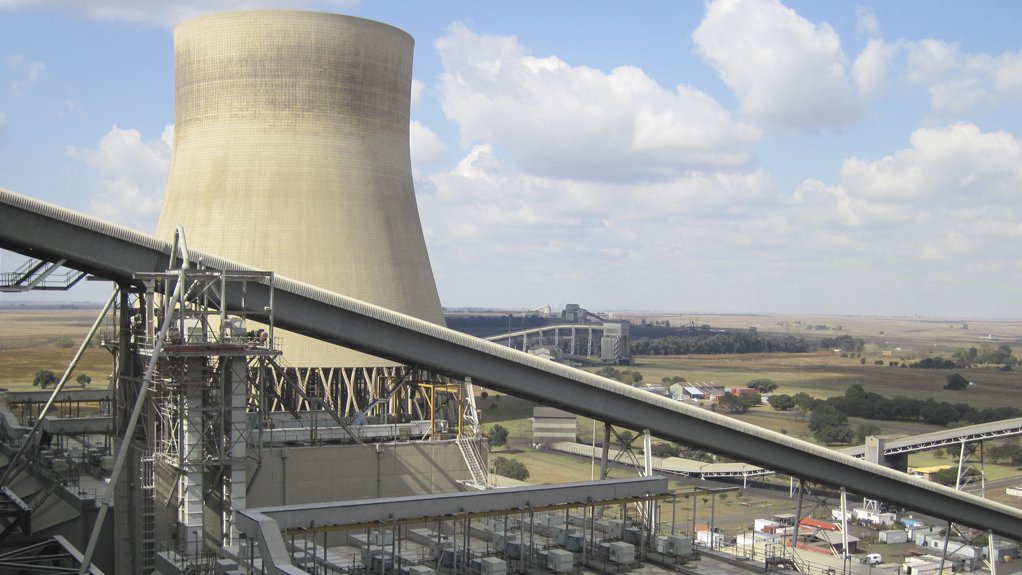The mine maintenance industry is facing a significant skills shortage, exacerbated by commodity price instability, industrial conveyor maintenance service provider ELB Conveyor Maintenance director Sharmlin Govender tells Mining Weekly.
In response to this, maintenance service providers are placing greater emphasis on the need for skills compatibility, and ELB can match client requirements with the skill sets of its employees, thereby increasing the value of the services rendered, he says.
Implementing this approach is expected to cut costs and reduce downtime for clients, as people who have the required skill sets are assigned to projects accordingly, allowing for greater efficiency in maintenance processes.
ELB provides specified technical and maintenance support for a spectrum of bulk materials handling systems, says Govender, adding that the company operates predominantly in the mining and power generation sectors, and can always supply on-site resources.
The company can also offer maintenance and other services associated with stackers, reclaimers, train and truck loaders, and tipplers for mining and port applications, using its highly skilled to semiskilled technicians and labourers.
ELB’s skills base includes artisans, fitters, boilermakers, welders and general workers, with a large percentage of its technicians being dual-skilled, Govender says.
“As such, the human resources deployed to site, in certain instances, are trained in not only artisanal work, but also mechanical fitting or electrical work, subsequently adding value to the services ELB offers its clients.”
Govender cites a bulk materials handling installation, for which a conveyor belt system will definitely be included, as an example. This will require splicing and pulley lagging and, should ten ELB employees be on site for a scope of work such as this, at least five will be competent in performing these skills, he explains. Consequently, clients will not have to outsource to complete these tasks.
Govender emphasises that the service contracts entered into by the company comply with all the statutory requirements of the Labour Relations Act, No 66 of 1995, which aims to promote economic development, social justice, labour peace and democracy in the workplace.
Meanwhile, Govender believes that the company has a major advantage in being able to use the engineering expertise and skills base of the engineering consulting division of the ELB group, construction engineering consultant services provider ELB Engineering Services.
ELB has, therefore, highly skilled professionals in-house who can provide advice and insight on bigger and more complex projects. This is demonstrated when ELB is on site performing maintenance activities, where technical input is required – ELB Engineering Services provides the resource base and technical expertise to effectively complete the task at hand, he explains.
Owing to the relationship ELB forms with clients and their confidence in the company, as well as the calibre and high quality of ELB’s work, Govender says clients regularly call on the company when emergency corrective maintenance is required and ELB’s resources are deployed when required.
With ELB making the entire range of skill sets available on site and successfully executing skill compatibility, the company is a single point of reference for clients, says Govender. Therefore, ELB can assume full accountability and responsibility for site maintenance.
Edited by: Tracy Hancock
Creamer Media Contributing Editor
EMAIL THIS ARTICLE SAVE THIS ARTICLE
To subscribe email subscriptions@creamermedia.co.za or click here
To advertise email advertising@creamermedia.co.za or click here
















